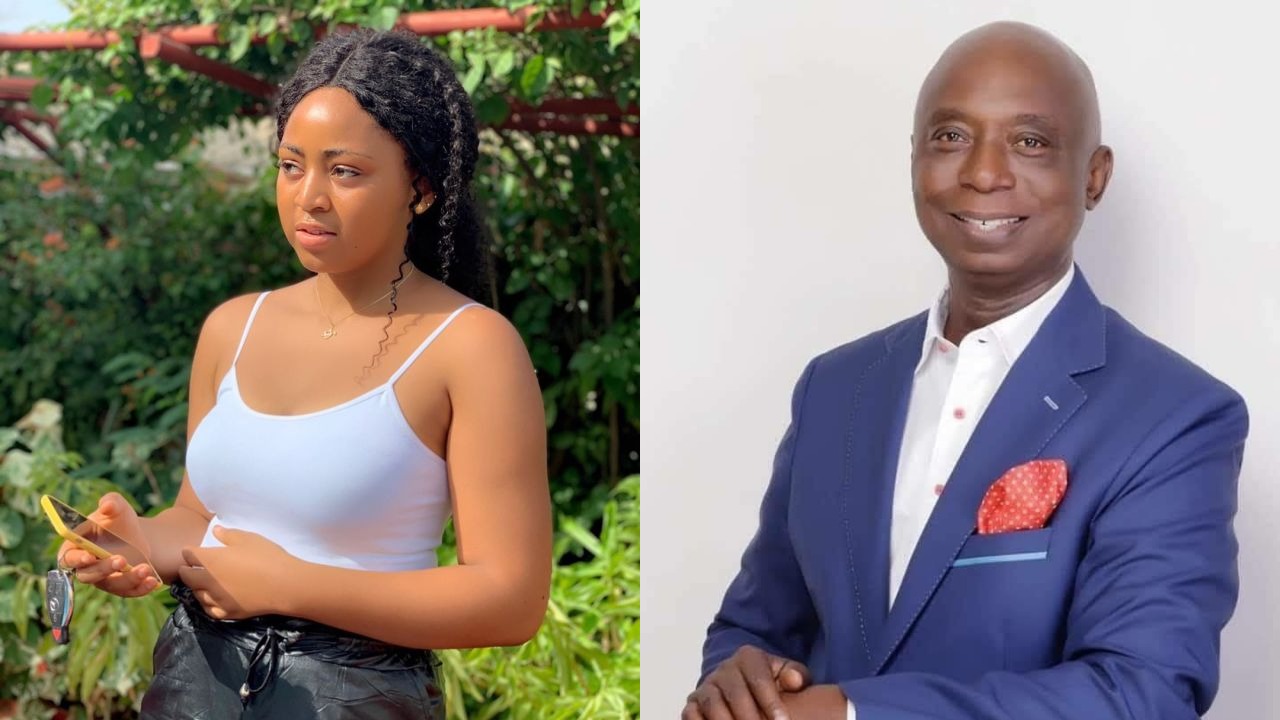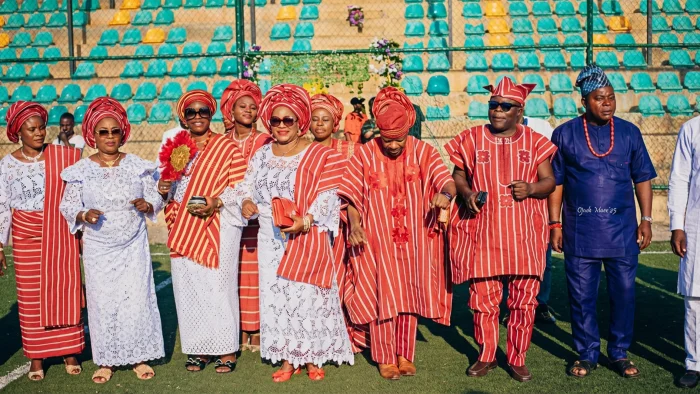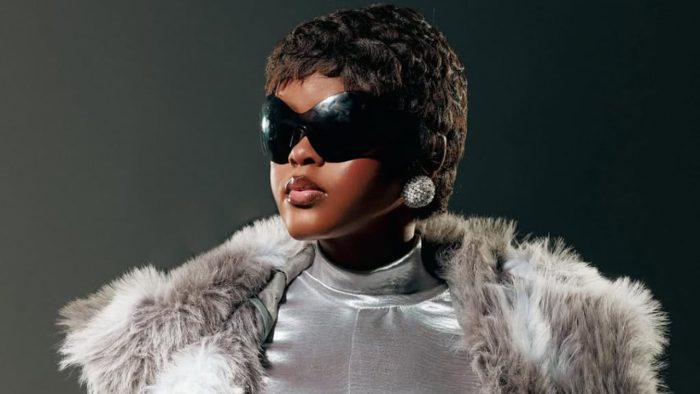Former Labour Party presidential candidate Peter Obi recently sparked conversations after he referred to the new Olubadan of Ibadanland, Oba Rashidi Ladoja, as “my dear brother” in a congratulatory message.
The development has opened a wider discussion about cultural etiquette and the importance of knowing how to properly address traditional rulers in Nigeria.
Meeting a monarch is never just a casual moment. In Nigeria, figures such as the Olubadan, Ooni, Emir and Obi carry centuries of history and serve as custodians of identity. A simple mistake in address or conduct can be seen as disrespectful to both the throne and the community.
For public figures, journalists or ordinary citizens, understanding the right protocol is essential. Below are five important rules to observe before greeting a traditional ruler.
1. Understand the cultural context
Customs differ across ethnic groups. In Yorùbá culture, men are expected to prostrate fully when greeting a king, while women kneel. In Igboland, gestures such as bowing slightly or touching a red cap may be appropriate. What is respectful in one community may offend in another. This is why it is important to know the customs of the palace you are entering.
2. Master the correct formal title
A third party often introduces you by name and status. Address the ruler using their official title exactly as introduced or as requested. Do not use first names, last names or casual terms such as “my brother” or “Baba.” Such familiarity reduces the respect attached to the royal office.
3. Wait to speak and keep it brief
The monarch sets the tone of the conversation. Listen carefully and only respond when acknowledged or invited to speak. Use a clear and respectful tone, keep your words short, and avoid interrupting. Heated arguments or debates are never appropriate in that setting.
4. Observe physical protocol
Body language must show humility. If unsure, a slight bow is acceptable. Men may need to prostrate while women may be required to kneel. Never initiate a handshake. Wait until the ruler offers one. If you accept, do so respectfully by using both hands or supporting your right elbow with your left hand. Avoid slouching, leaning or placing your hands in your pockets.
5. Never sit until invited
Standing shows respect for authority. Remain on your feet until the monarch signals or verbally invites you to sit. When seated, make sure your chair is not positioned higher than that of the ruler. Do not cross your legs as this posture may be seen as casual or disrespectfula.








